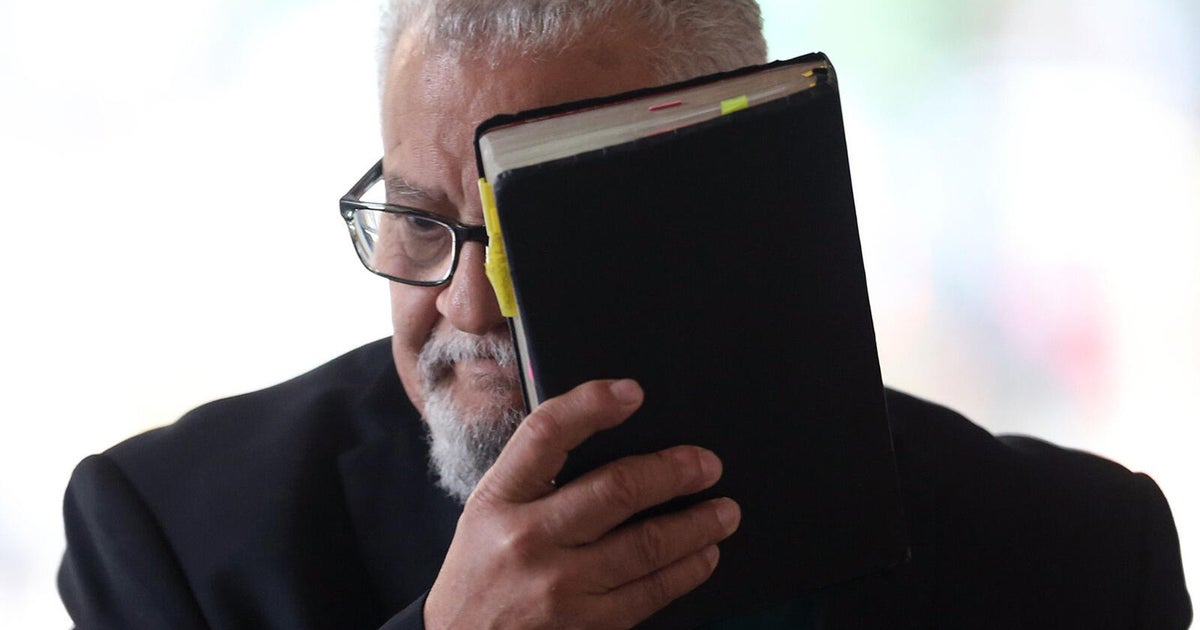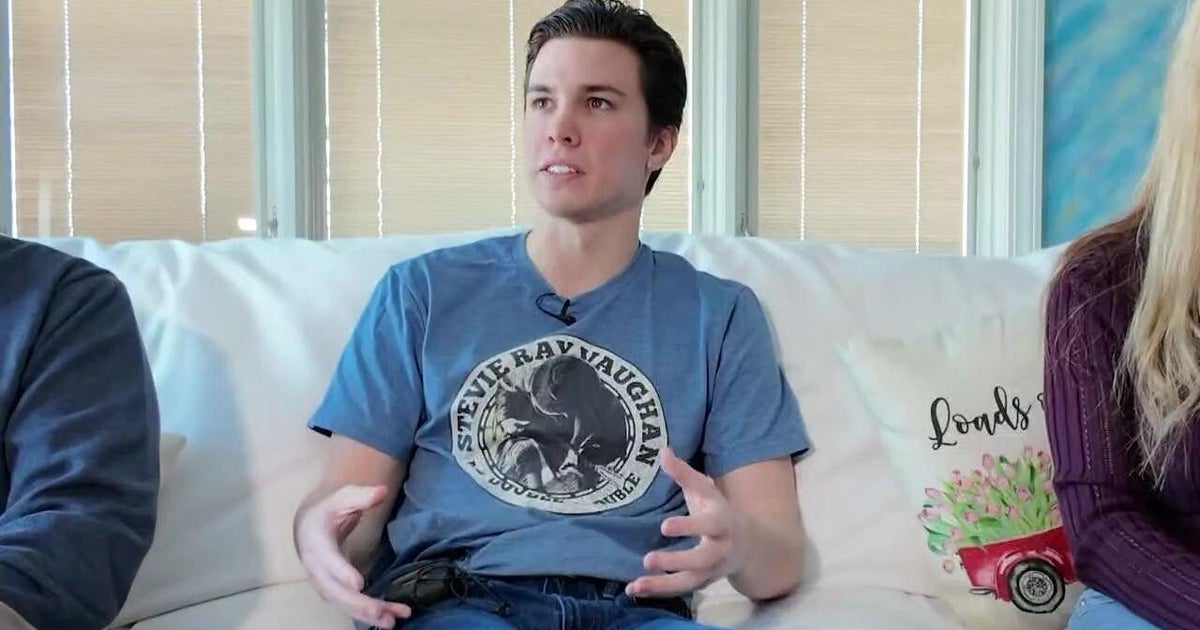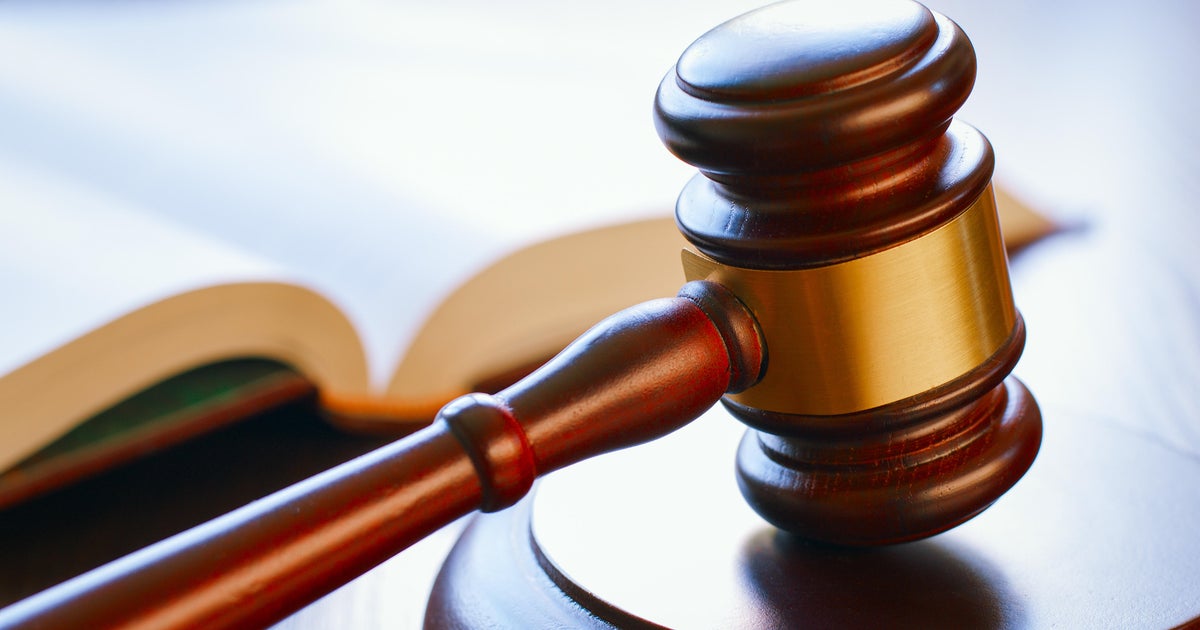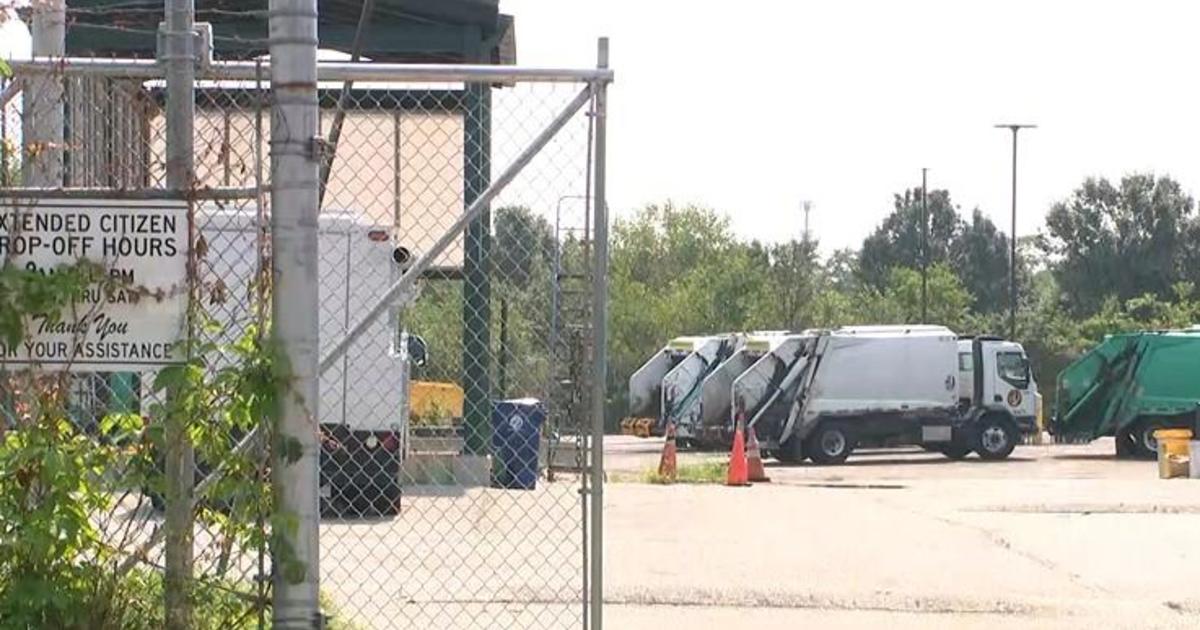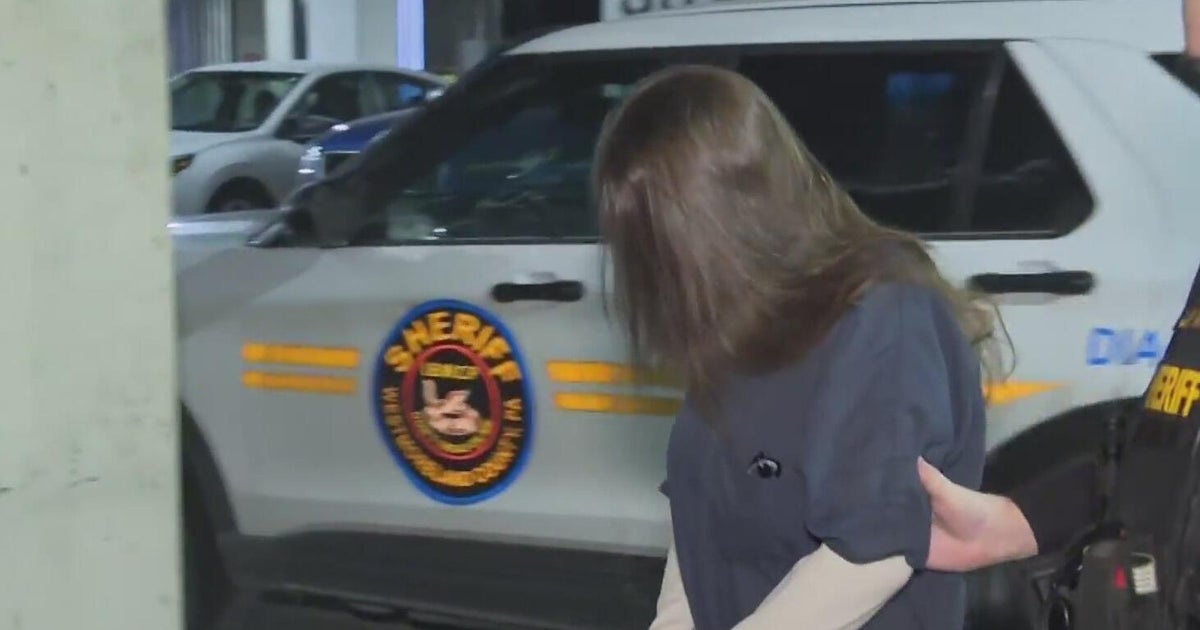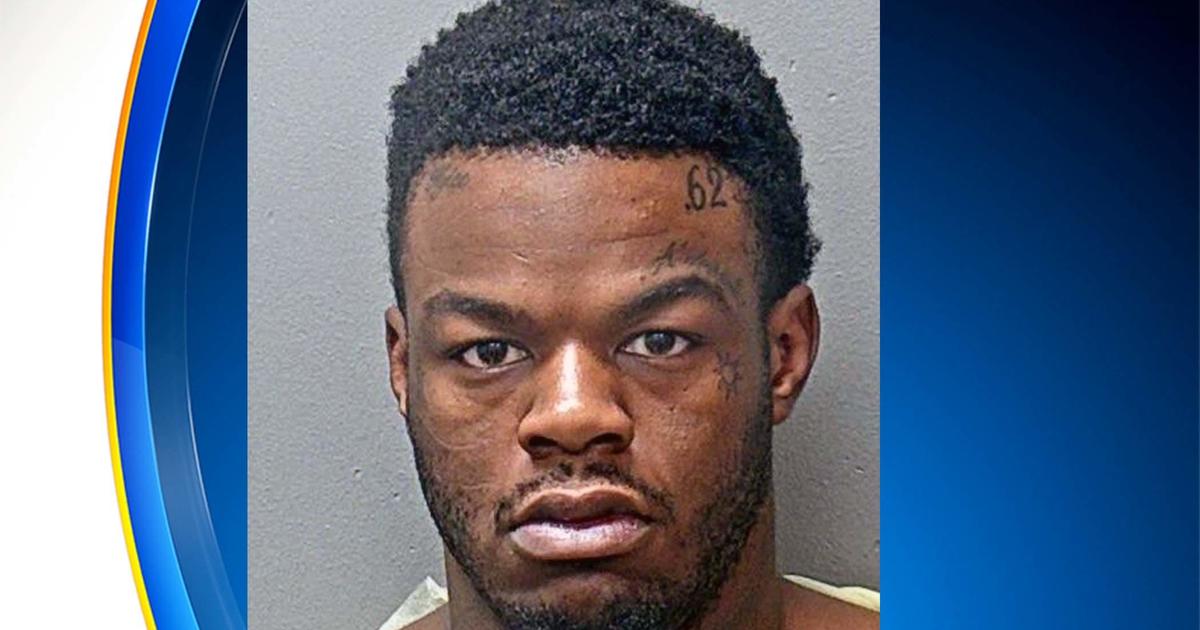Bonds Conviction On Obstruction: Will It Stand?
SAN FRANCISCO ((AP/CBS) -- The Barry Bonds trial may have had a strange ending, but his lawyers still face a tough fight in clearing the slugger's name.
On Wednesday, a jury convicted Bonds of obstruction of justice but deadlocked on whether he committed perjury.
Outside court, Bonds' lead attorney called the outcome "extraordinary," believing the record-setting baseball star could be convicted of obstructing a grand jury only if found guilty of lying to it. Allen Ruby vowed "the case isn't over" and promised to fight to overturn the conviction.
Fighting is one thing, winning is another.
"Appeals are hard," said Vermont Law School professor Michael McCann, who specializes in sports law.
McCann and many other legal analysts said the Bonds defense team has its work cut out in flipping the jury's verdict. U.S. District Judge Susan Illston, who presided over the trial, is rarely overturned on appeal and observers said she deftly handled Bonds' three-week trial.
"An appellate court is always reluctant to overturn a trial judge with a good reputation who ran a good trial," McCann said. "Judge Illston was really deliberate on everything she did and the appellate court will recognize that."
Bonds' lawyers will first ask Illston to toss out the jury's verdict. If that fails, they are expected to take the case to the 9th U.S. Circuit Court of Appeals.
Jurors convicted Bonds of giving a grand jury evasive testimony when he took the witness stand Dec. 4, 2003. In particular, Bonds was convicted of obstruction for giving a rambling answer that he was a "celebrity child with a famous father" when asked if his personal trainer, Greg Anderson, ever gave him a substance that required an injection.
Jurors deadlocked on three other counts that accused Bonds of lying to the grand jury when he denied ever being injected by anyone besides his doctor and knowingly taking steroids and human growth hormone.
The obstruction charge, the last count in the indictment, was viewed by the defense and many legal observers as being inextricably tied to the other charges and couldn't stand alone as a conviction.
Immediately after the verdict was read, Bonds lawyer Dennis Riordan jumped to his feet and demanded dismissal of the conviction. Riordan also objected to the instruction explaining what jurors needed to conclude to find Bonds guilty of obstruction before the jury began deliberating.
In an interview with The Associated Press on Thursday, Riordan said prosecutors have to show that the answer mattered — was "material" — to the grand jury's investigation.
"He has been convicted at this point by the jury on count 5, on the basis of one remark," Riordan said. "The government, in order to sustain this, is going to have to prove that this admittedly meandering response led to him not giving answer to the material question."
Riordan is also going to argue that Bonds directly answered a follow-up question by denying he received any "liquid" to inject.
"The question is repeated and answered very directly," Riordan said. "It is impossible to find he evaded or impeded justice by the 'celebrity child' answer when the same question is put twice in a row and answered directly."
Prosecutors declined comment. But legal analysts said the government expected to argue that the jurors had a transcript of Bonds' entire grand jury testimony during deliberations.
Jurors said after the verdict that Bonds' testimony was evasive throughout his entire grand jury appearance.
"When you're in front of a grand jury you have to answer. ... He gave a story rather than a yes-or-no answer," said Fred Jacob, the 56-year-old jury foreman. "
What's more, the defense has several other obstacles to overcome in their attempt to wipe out Bonds' conviction.
Stanford Law School professor William Gould said it will be difficult to say persuasively that the obstruction conviction is incompatible with the other charges just because the other lack verdicts.
"It's hard to argue there are mutually exclusive charges when you have only a verdict on a single charge," Gould said.
Still, Bonds does have the benefit of being represented by one of California's top appellate attorneys.
Even before the trial started, Riordan succeeded in getting a trove of evidence tied to Bonds' personal trainer excluded from the trial because Anderson refused to testify. Riordan also was instrumental in compelling prosecutors to rewrite the Bonds indictment three times and streamlining the charges against his client. Finally, Riordan persuaded Illston to dismiss a perjury charge before the trial began March 21.
His success makes him a busy man. On Tuesday, while the jury deliberated, Riordan flew to Los Angeles so he could appeal the murder conviction of music producer Phil Spector.
(Copyright 2011 by CBS San Francisco. All Rights Reserved. This material may not be published, broadcast, rewritten, or redistributed. Wire services may have contributed to this report.)
